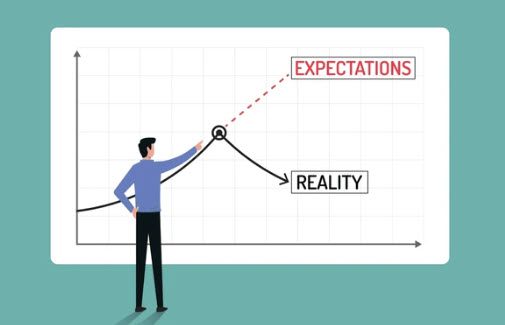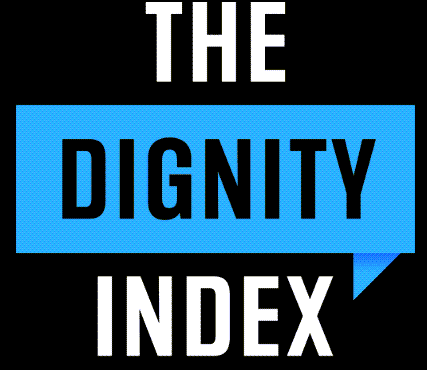Even if you think you are a good listener, you may want to consider some common listening blocks.
Have you been chatting with a coworker, and you already “know” how the conversation is going to end? In this situation, a listener can fall into the trap of rehearsing. The listener is not interrupting the speaker. Instead, the listener is formulating a response to what the speaker is saying. When a listener is rehearsing, they may miss an important point(s) the speaker is making. We think “knowing someone” is a good thing because it gives us a fixed way of relating to them based on past events, experiences, and conversations. We have different ways of relating to people depending on what we “know” about them. What is never present when we “know someone” is mystery and possibility!
Have you experienced being distracted while listening to a speaker’s message due to: jetlag following vacation, low back pain after completing yard work, feeling faint after running out the door without eating breakfast, or stress after receiving a negative update about a loved one’s health? These examples of internal noise can prevent a listener from communicating effectively. It is important for a listener to take a few minutes prior to a meeting to regroup, place personal issues aside, and choose to be present with the speaker. The listener can active listen the speaker to ensure the accuracy of the message. This involves the listener checking in with the speaker by acknowledging their emotions and paraphrasing the main points of the message.
When listening to a coworker share about a challenging situation in the office, have you been tempted to overtake the conversation by mentioning a comparison to a similar situation in your own life (past or present)? Making comparisons can result in a speaker feeling deflated or minimized, even though that was not the listener’s intention. To avoid comparison and stay focused on the speaker, a listener can ask open-ended questions. Some examples include: “Can you tell me more about that?” “How did that make you feel?” “What would you like to see happen next?” When a listener is working to build rapport and trust with a speaker, it is not an appropriate time to make comparisons.
Contact us if your company wants to learn more about our Effective Communication & Listening Workshop. We welcome the opportunity to continue the conversation.












